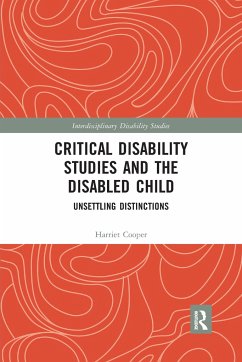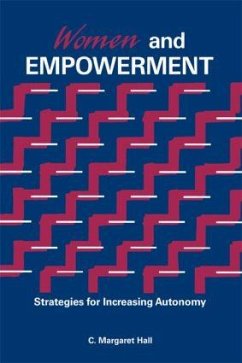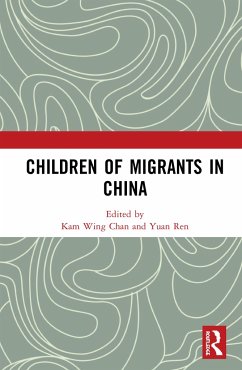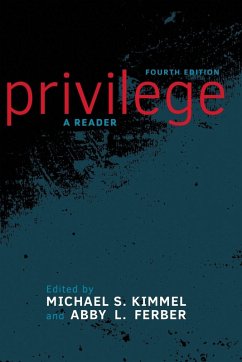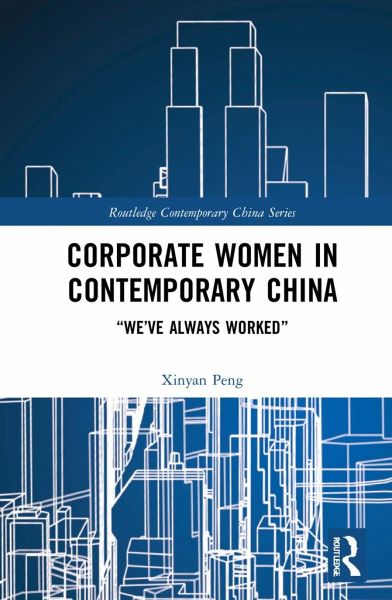
Corporate Women in Contemporary China
"We've Always Worked"
Versandkostenfrei!
Versandfertig in 6-10 Tagen
137,99 €
inkl. MwSt.
Weitere Ausgaben:

PAYBACK Punkte
69 °P sammeln!
Based on extensive, multi-sited ethnographic research, this book focuses on the culture of work in today's urban China and on how it has permeated beyond the workplace to shape bodily training, family life, and kinship and social relationships among white-collar women in their twenties and thirties. Facing challenges to cope with the increasingly intensified dual burden of work and family, whitecollar women are not turning their backs on their jobs but are turning their bodies and homes into work. In an era when the state and society heighten pressure on individual young women's productivity a...
Based on extensive, multi-sited ethnographic research, this book focuses on the culture of work in today's urban China and on how it has permeated beyond the workplace to shape bodily training, family life, and kinship and social relationships among white-collar women in their twenties and thirties. Facing challenges to cope with the increasingly intensified dual burden of work and family, whitecollar women are not turning their backs on their jobs but are turning their bodies and homes into work. In an era when the state and society heighten pressure on individual young women's productivity and reproductivity at the same time, the book examines how white-collar women seek to protect their right to work, embody a work ethic, and make their reproductive life a productive domain. Integrating studies of labor, the body, gender, and kinship, this book shows how the ethics and strictly defined discipline of hard work and overtime work are transposed from the office cubicle to the gym and home. It thereby demonstrates how the emergence, embodiment, and extension of a work culture perpetuate the hegemony of the work ethic, and how they have exerted a profound impact on women's bodies, selves, and lives.






